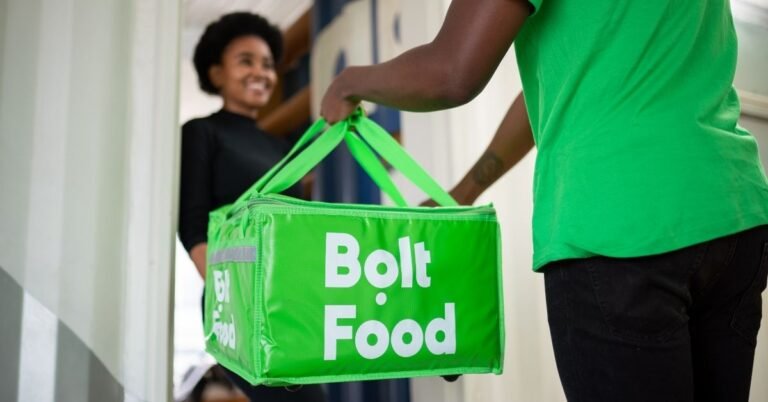International transportation network company, Bolt, has announced that as of December 7, 2023, Nigerians will no longer have access to its Bolt Food platform, as the company seeks to optimise resources and enhance overall efficiency.
Bolt’s decision to withdraw from the Nigerian market reflects the challenging macroeconomic landscape that facing food delivery businesses in the country. Fuel price hikes have significantly impacted the sector, prompting logistics startups like Bolt to implement increases in delivery fees ranging from 20% to 50%.
Nigeria’s fuel price surge, which reached a staggering 215% after President Bola Tinubu’s removal of subsidies in May 2023, has placed considerable strain on the operational viability of food delivery services.
Bolt Food was established in Nigerian in October 2021, in response to the heightened demand for food delivery services during the COVID-19 pandemic. Since its inception in the country, the service says it has formed partnerships with over 10,000 restaurants, successfully delivered over 1 million meals, and developed an extensive network of 23,000 agents and 12,000 merchants.
Despite these achievements, the economic uncertainty in Nigeria has forced Bolt and other industry players to adapt to an evolving landscape marked by fuel price fluctuations and other macroeconomic pressures.
Bolt, which currently operates food delivery services in 16 countries and 33 cities globally, remains committed to maintaining its presence in other markets. The company’s decision to streamline resources aligns with its broader strategy to ensure sustainability and efficiency amid challenging economic conditions.




